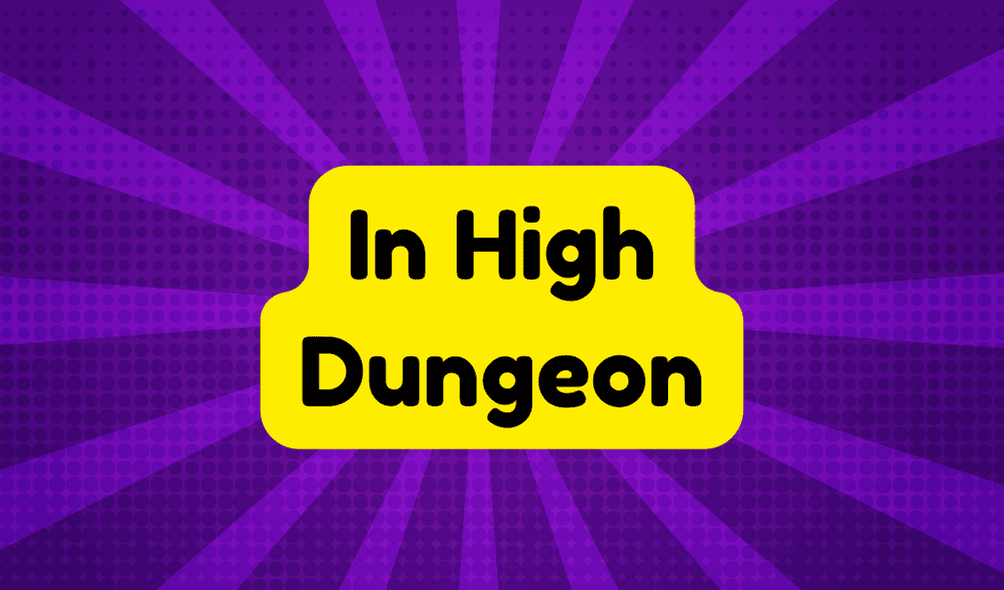The phrase "in high dudgeon" denotes a state of intense anger or indignation, often characterized by overt emotional displays. Its origins are largely uncertain, believed to date back to the 17th century, primarily appearing in literary contexts. Common examples include leaving a meeting "in high dudgeon" after criticism. This expression highlights societal reactions to perceived offenses and remains relevant in discussing emotional responses today. There's more to discover about its usage and implications in modern language.
Synonyms
When seeking alternatives to the phrase "in high dudgeon," various synonyms can adequately express similar sentiments of anger or resentment. These options provide a more innovative approach to communicating one's emotionally charged feelings. Consider the following:
- Fuming – A vivid term that captures intense reaction while suggesting a simmering outrage.
- Incensed – This word conveys indignation, adding a layer of intensity to the expression of anger.
- Ireful – A less common term that encapsulates a strong emotional response, indicating deep-seated frustration.
Ultimately, exploring these synonyms enriches language, allowing for more precise articulation of discontent.
Example of Sentences
The phrase "in high dudgeon" often finds its way into conversations or literature to describe a state of intense anger or indignation. Often wielded in emotionally charged discussions, this expression reflects the clash between personal feelings and social expectations. Examples of its usage include:
- After being criticized, Amanda exited the meeting in high dudgeon, fully aware of others' perceptions.
- Tim's outburst left him in high dudgeon, insisting on his right to voice objections.
- Lucy drove home in high dudgeon, convinced that her friends failed to appreciate her perspective.
Such scenarios underline the weight of emotions entwined with societal norms.
Origin
Curiously, the origins of the phrase "in high dudgeon" remain somewhat elusive, leaving many language enthusiasts scratching their heads. Etymological exploration reveals no definitive source, prompting speculation around its historical anecdotes. Here's a snapshot of what researchers have discovered:
| Aspect | Details |
|---|---|
| Possible Origins | Unclear, possibly 17th century |
| Common Interpretation | Deep indignation or anger |
| Usage Context | Mainly in literary works |
| Cultural Significance | Reflects social attitudes |
| Linguistic Evolution | Shifted through time |
The continued ambiguity invites further analysis and discussion amongst linguists.
Collocations
Collocations around the phrase "in high dudgeon" reveal the specific ways this idiom is commonly paired with other words, enhancing its meaning in various contexts. It often interacts with emotional responses that reflect cultural attitudes towards indignation. Key collocations include:
- Leave in high dudgeon – indicating a strong departure fueled by anger.
- Act in high dudgeon – suggesting a behavior characterized by outrage.
- Express in high dudgeon – relating to articulating displeasure vehemently.
These pairings illuminate how "in high dudgeon" encapsulates moments of heightened emotion, emphasizing societal reactions to offense and indignation.
How to Use in Everyday Language
Using the idiom "in high dudgeon" in everyday language can add a flair of sophistication, though some may question its practicality in contemporary conversations. It can articulate feelings of everyday anger and intense emotional responses, providing a vivid picture of one's state. However, it might seem out of place in casual dialogue.
| Usage Context | Example Sentence |
|---|---|
| Formal | The CEO left in high dudgeon after the board's decision. |
| Informal | She stormed off in high dudgeon when he interrupted her. |
| Literary | The character exited in high dudgeon, embodying their struggle. |
| Social Media | He posted about feeling in high dudgeon after the comment. |
Why Is It Still Relevant Today?
The relevance of the phrase "in high dudgeon" persists in today's language, despite its somewhat archaic feel. In contemporary discourse, it captures intense emotional expressions, aligning with societal attitudes towards indignation and offense. Individuals today grapple with issues that provoke strong reactions, making the concept culturally relevant. Additionally, as communication evolves, acknowledging traditional phrases allows for an exploration of emotional authenticity. While some may argue that language loses value over time, "in high dudgeon" remains a vivid reminder of the human experience, illustrating the necessity to articulate outrage in an age increasingly defined by emotional turmoil.







